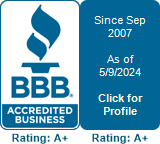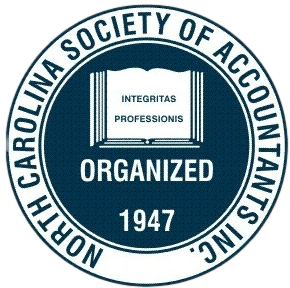The 10 Generally Accepted Accounting Principles

The United States mandates all publicly-traded companies to adhere to generally accepted accounting principles (GAAP), a set of ten principles that provide a guideline for corporate accountants. While privately-owned companies can choose which accounting principles to adhere to, GAAP can increase your creditworthiness and investment potential to third parties. Thus, consider these ten principles if your company wants to shift to this standard.
1. Principle of Regularity
If your company chooses to adhere to GAAP, you must continue with the GAAP standard. You cannot adopt this standard only when it's convenient for your company and then relinquish its implementation once you achieve your financial goals. You must ensure that your accountants stick to the standard around the clock.
2. Principle of Consistency
GAAP requires that your company consistently apply the accounting methods you use from one period to the next. For example, suppose your company uses first-in-first-out (FIFO) to account for inventory. In that case, your accounting manager should use this method for all financial documents. If you make any changes to your accounting methods, you must clearly disclose them.
3. Principle of Sincerity
Accounting errors may occasionally happen due to inaccurate book records, which might affect the final statements. However, accountants should always double-check with original documents and books to ensure accuracy and information legitimacy. Thus, accounting records and financial statements must not contain intentional misrepresentations or omissions.
4. Principle of Permanence of Methods
Once your company adopts an accounting method, your accountant should use it continuously. You should only make changes when there is a valid business reason.
5. Principle of Non-Compensation
Your accountant must report all transactions, whether they affect the final financial overview of your company negatively or positively, with no debt compensation. Thus, gains or losses from one transaction or event must not offset gains or losses from another transaction or event unless required or permitted by GAAP.
6. Principle of Prudence
In recognition that business is subject to uncertainty, the principle of prudence requires that accountants use caution when estimating amounts they must report in financial statements. This principle also requires that account statements recognize revenue and expenses in the period they actually occur rather than when the company pays or receives cash.
7. Principle of Continuity
The continuity assumption requires that a business make account statements like it will continue to operate into the foreseeable future. This principle mostly applies to the accounting management of assets, which most companies refer to as the going concern
assumption.
8. Principle of Periodicity
Every significant accounting report should come out at regular intervals. For example, suppose a company makes quarterly reports (four times a year). It must compile and report statements every three months. These periods should be standard within the accounting world.
9. Principle of Materiality
The financial statements should include all relevant information highlighting a company's situation. Accountants should rely only on the material facts that represent and concern the company's financial health and operations. Thus, accounting should fully disclose the firm's monetary situation.
10. Principle of Utmost Good Faith
Individuals, groups, and other organizations that use your financial statements expect that you present accurate and verifiable information. They do not expect any unethical reporting standards in your statements. They assume that you prepared the records with the utmost good faith.
An accounting firm can help you transition to the GAAP standard and prepare your bookkeeping and accounting assets to incorporate these principles in your financial reports. You can rely on Quality Bookkeeping Services Inc. to help you implement GAAP standards. Contact us
today to book an appointment with our accountants and learn how we can assist you.












